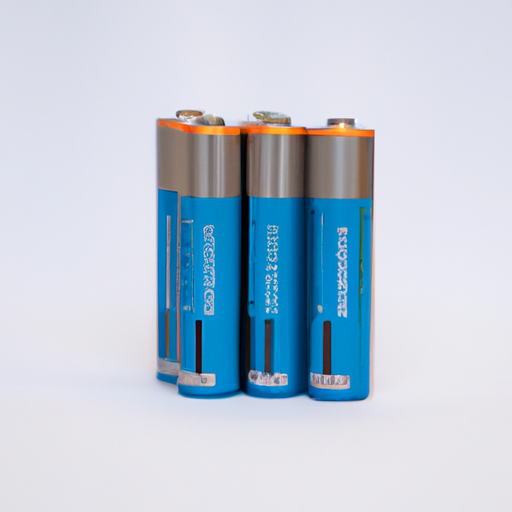P-50AAHF6 Rechargeable Batteries: Core Functional Technologies and Application Development Cases
Rechargeable batteries, also known as secondary batteries, are integral to modern technology, enabling a wide range of applications from consumer electronics to electric vehicles. The P-50AAHF6 model represents a specific configuration of rechargeable batteries, likely designed for high performance in various settings. Below, we explore the core functional technologies and notable application development cases that highlight the effectiveness of rechargeable batteries.
Core Functional Technologies
| 1. Lithium-Ion Technology | |
| 2. Nickel-Metal Hydride (NiMH) | |
| 3. Solid-State Batteries | |
| 4. Fast Charging Technologies | |
| 5. Battery Management Systems (BMS) | |
| 1. Electric Vehicles (EVs) | |
| 2. Consumer Electronics | |
| 3. Renewable Energy Storage | |
| 4. Medical Devices | |
| 5. Drones and Robotics | |
Application Development Cases
Conclusion

Rechargeable batteries, particularly models like the P-50AAHF6, are at the forefront of technological advancements in energy storage. Their applications span across various industries, driving innovation and sustainability. As technology continues to evolve, the efficiency, safety, and capacity of these batteries are expected to improve, further enhancing their role in modern society. The ongoing development in battery technology promises to meet the growing energy demands of the future while supporting a transition to more sustainable energy solutions.
P-50AAHF6 Rechargeable Batteries: Core Functional Technologies and Application Development Cases
Rechargeable batteries, also known as secondary batteries, are integral to modern technology, enabling a wide range of applications from consumer electronics to electric vehicles. The P-50AAHF6 model represents a specific configuration of rechargeable batteries, likely designed for high performance in various settings. Below, we explore the core functional technologies and notable application development cases that highlight the effectiveness of rechargeable batteries.
Core Functional Technologies
| 1. Lithium-Ion Technology | |
| 2. Nickel-Metal Hydride (NiMH) | |
| 3. Solid-State Batteries | |
| 4. Fast Charging Technologies | |
| 5. Battery Management Systems (BMS) | |
| 1. Electric Vehicles (EVs) | |
| 2. Consumer Electronics | |
| 3. Renewable Energy Storage | |
| 4. Medical Devices | |
| 5. Drones and Robotics | |
Application Development Cases
Conclusion

Rechargeable batteries, particularly models like the P-50AAHF6, are at the forefront of technological advancements in energy storage. Their applications span across various industries, driving innovation and sustainability. As technology continues to evolve, the efficiency, safety, and capacity of these batteries are expected to improve, further enhancing their role in modern society. The ongoing development in battery technology promises to meet the growing energy demands of the future while supporting a transition to more sustainable energy solutions.













